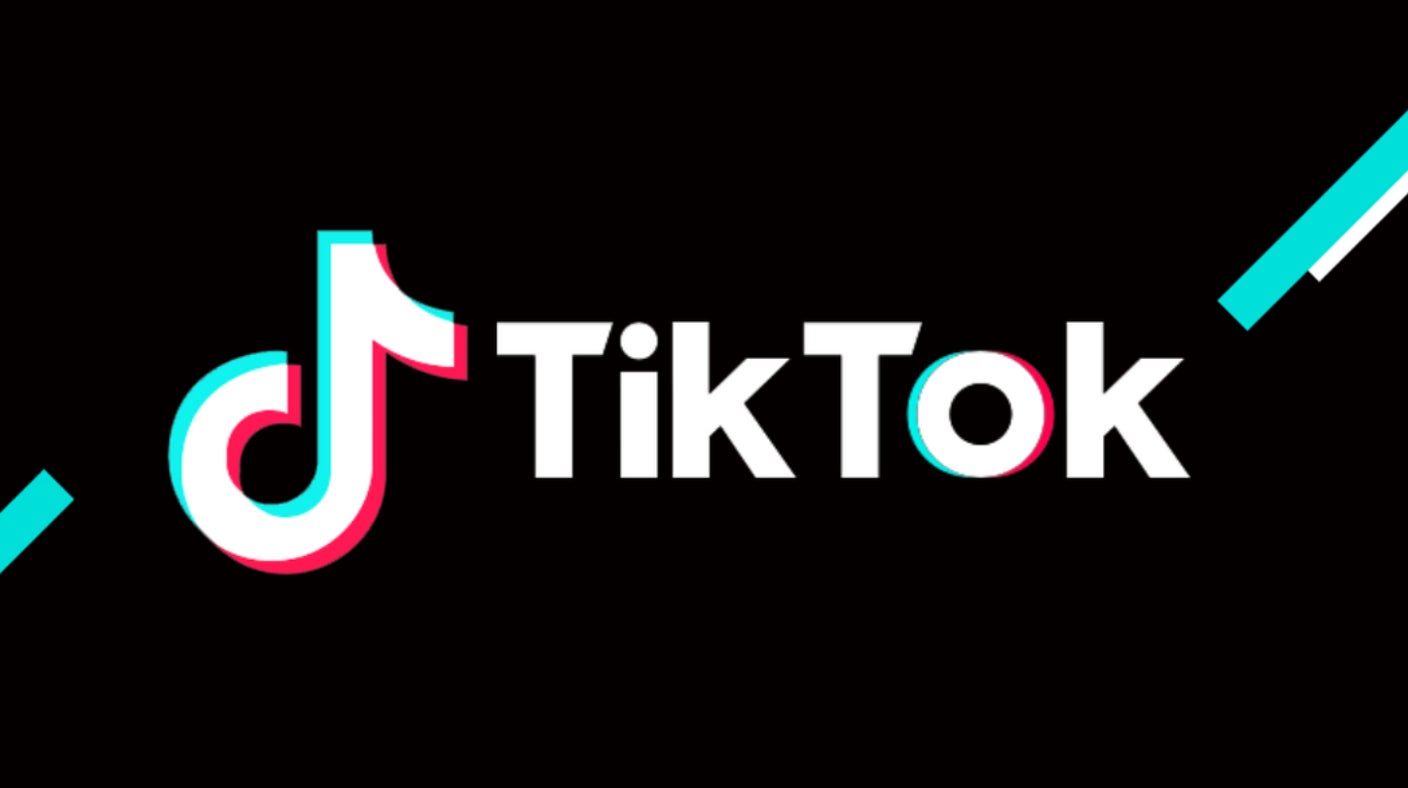Introduction:
In recent years, TikTok has skyrocketed to become one of the most popular social media platforms globally. With its short-form videos and creative challenges, it has captured the attention of millions. However, as with any cultural phenomenon, TikTok has faced its fair share of criticism, including questioning its conformity with religious principles. One prominent debate revolves around the question: Is TikTok Haram?
Understanding TikTok:
TikTok, owned by the Chinese company ByteDance, allows users to create and share short videos with a diverse range of content, from dance routines and lip-syncing to educational snippets and comedy sketches. While its popularity is undeniable, concerns have arisen regarding the platform's adherence to Islamic principles, leading to discussions about whether its use is permissible in Islam.

The Permissibility of Entertainment:
Islamic scholars have differing opinions on the permissibility of various forms of entertainment. Some argue that as long as the content adheres to Islamic ethics, entertainment is acceptable. Others, however, maintain a stricter stance, arguing that certain types of content can be inherently inappropriate or distracting from religious duties.
TikTok Content and Concerns:
One of the primary concerns raised about TikTok is the potential for inappropriate content. The platform's algorithm-driven feed can expose users to a wide array of videos, some of which may contain explicit language, suggestive dances, or content contrary to Islamic values. Critics argue that this exposure goes against the principles of modesty and decency upheld by Islam.
Additionally, the addictive nature of TikTok, with its endless scroll feature and constant stream of new content, raises concerns about time management and productivity. Islam places a strong emphasis on the responsible use of time and warns against activities that may distract believers from their religious obligations.
Moderation and Responsibility:
While concerns about inappropriate content on TikTok are valid, it is essential to recognize that the platform itself is not inherently evil. TikTok provides tools for users to report and block content that violates community guidelines, emphasizing the importance of individual responsibility. Users, particularly those following Islamic principles, have the agency to curate their TikTok experience and ensure they are not exposed to content that goes against their values.
Educational and Positive Content:
On the flip side, TikTok is also a platform that hosts a wealth of educational and positive content. Many users share informative videos on a wide range of topics, from science and history to language learning and cooking. In this regard, TikTok can be a valuable tool for knowledge dissemination and community building, aligning with Islamic values of seeking knowledge and fostering positive relationships.
Potential for Dawah (Islamic Outreach):
Some argue that TikTok offers a unique opportunity for Islamic outreach or dawah. Users can create content that educates others about Islam, dispelling misconceptions and promoting understanding. By leveraging TikTok's reach, individuals can engage with a diverse audience and contribute to the positive representation of Islam in the digital space.
Conclusion:
The question of whether TikTok is Haram is complex and subjective. While the platform presents challenges related to inappropriate content and time management, it also offers opportunities for education, creativity, and positive outreach. Ultimately, the permissibility of TikTok use in Islam depends on an individual's approach, choices, and the content they engage with. Responsible use, adherence to Islamic values, and self-regulation can help users navigate the platform in a way that aligns with their religious principles.





